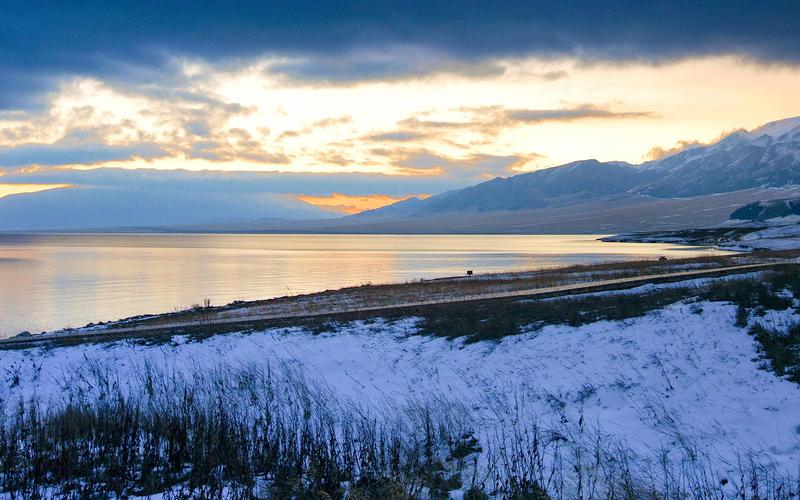The 5 Stages of Evolution: Understanding the Process of Life
Evolution is a fascinating process that has shaped the world we live in today. It refers to the gradual development of species over time, driven by natural selection and survival of the fittest. It’s important to understand the stages of evolution to gain a deeper understanding of the world around us. In this article, we’ll explore the 5 stages of evolution.
Stage 1: Formation of Life
The first stage of evolution is the formation of life itself. The earliest living organisms on Earth are believed to have originated from non-living matter around 3.8 billion years ago. The process of life formation is a mystery, but scientists believe that it might have started with chemical reactions in the Earth’s primordial soup, a mixture of organic and inorganic compounds.
Stage 2: Microbial Life
The second stage of evolution is the emergence of microbial life. These tiny organisms, such as bacteria, algae, and fungi, are the simplest form of life we know. They are found in almost every habitat on Earth and are essential to the functioning of the planet’s ecosystem.
Stage 3: Multicellular Life
The third stage of evolution is the transition from single-celled organisms to multicellular life. This is a major step in the evolution of life since it allows organisms to specialize and take on different functions within a society of cells. This leads to the creation of more complex organisms that can survive in even harsher environments.
Stage 4: Emergence of Animals
The fourth stage of evolution is the emergence of animals. Animals are distinguished from other life forms by their ability to move and sense their environment. This leads to the development of more advanced nervous systems, which allowed for more complex behaviors and interactions.
Stage 5: Human Evolution
The final stage of evolution is human evolution. Humans are unique in their ability to reason, create advanced cultures, and alter their environment. While humans share many similarities with other animals, such as the ability to communicate and form social structures, humans have pushed the limits of what is possible for any living organism.
Conclusion
In conclusion, the 5 stages of evolution have brought about the world we know today. From the formation of life to the emergence of animals and the rise of humans, each stage has led to increasingly complex forms of life and civilization. Understanding these stages can help us appreciate our place in the world and better understand the natural processes that drive it forward.
(Note: Do you have knowledge or insights to share? Unlock new opportunities and expand your reach by joining our authors team. Click Registration to join us and share your expertise with our readers.)
